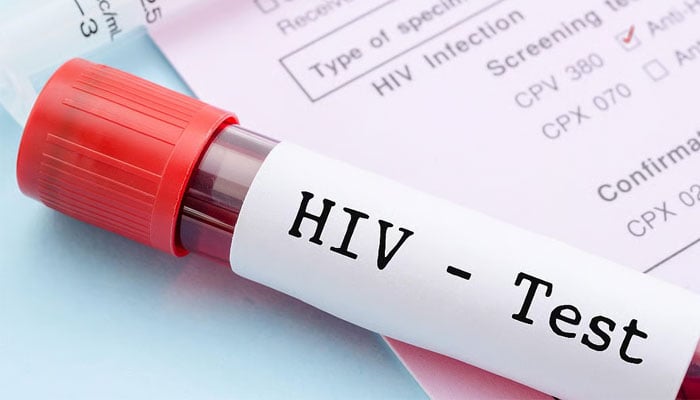
A report released by the United Nations revealed that US funding cuts could significantly increase the mortality rate to four million due to acquired immune deficiency syndrome (AIDS) by 2029.
According to The Associated Press, the US President’s Emergency Plan for AIDS Relief, or PEPFAR, launched by President George W. Bush in 2003, has assisted millions in countries hardest hit by the disease.
PEPFAR, a programme entirely focused on battling HIV, by supporting testing for more than 84 million individuals and helping in treating more than 20 million.
However, in January, the US withdrew $4 billion in HIV aid following President Trump’s suspension of foreign help and moved to halt USAID.
This change results in clinic closure, discontinued testing, and increasing gaps in patient care.
Experts stated that sudden cuts without any warning have adversely impacted the country.
The data crisis is also aggravating as HIV tracking systems, mostly US funders, have stopped gathering critical information.
Despite setbacks, there’s still a ray of hope in the form of Yeztugo, a new injectable HIV prevention drug from Gilead, approved by the FDA.
While effective, cost may limit its accessibility, especially in Latin America. Gilead plans to offer cheaper variants in 120 low-income countries.
Experts cautioned that the US is “abandoning the fight” just as ending AIDS is within reach.












